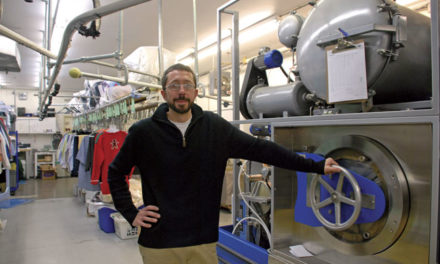BY JANET MANDELSTAM
As the medical director of palliative care at IU Health Bloomington Hospital, Dr. Robert Stone says he is “often called in when a patient is no longer able to participate in decisions about what should be done for their care.” And that, he says, “puts family members in a terrifically difficult situation if they don’t have a lot of guidance.”
Now there is a new program that will provide that guidance. It’s called Physician Orders for Scope of Treatment (POST), and it is an advance care planning tool for patients with serious illnesses who are likely to die within a year. In consultation with their doctors, they fill out a specific form on which they can indicate the level of medical intervention they wish to receive as their lives near an end. Do they want a ventilator? CPR? A feeding tube?
“The tendency in the medical system is to do and do and do,” says Stone, “but many people wouldn’t like to be kept alive on a ventilator. I want people to get the care they want.”
Unlike the more common living wills, the POST form must be signed by a physician. “It is an actual physician’s order,” Stone says, meaning health-care providers are more likely to comply with it. The patient retains the original form; the physician keeps a copy, which Stone says “has legal value”; and in the future, IU Health will scan a copy into hospital records.
POST was approved by the Indiana Legislature and became effective last July. Bloomington is one of three trial sites in the state (along with Indianapolis and Fort Wayne) where the program is in force. The legislature “passed the bill with no budget for education,” Stone notes, “so there is an ongoing volunteer effort to educate patients, doctors, and hospitals” about POST.
Stone encourages nursing home residents to consider POST and says he will explain the program to any terminally ill patient who is going home from the hospital.
But he cautions against waiting until one is terminally ill to think about end-of-life planning. “Anyone over 18 can and should do advance directives (such as living wills and power of attorney for health care). It can be a scary process and easy to put off, but find the courage to have that conversation. Then anyone with a serious illness should take it to the next level with the POST.”







